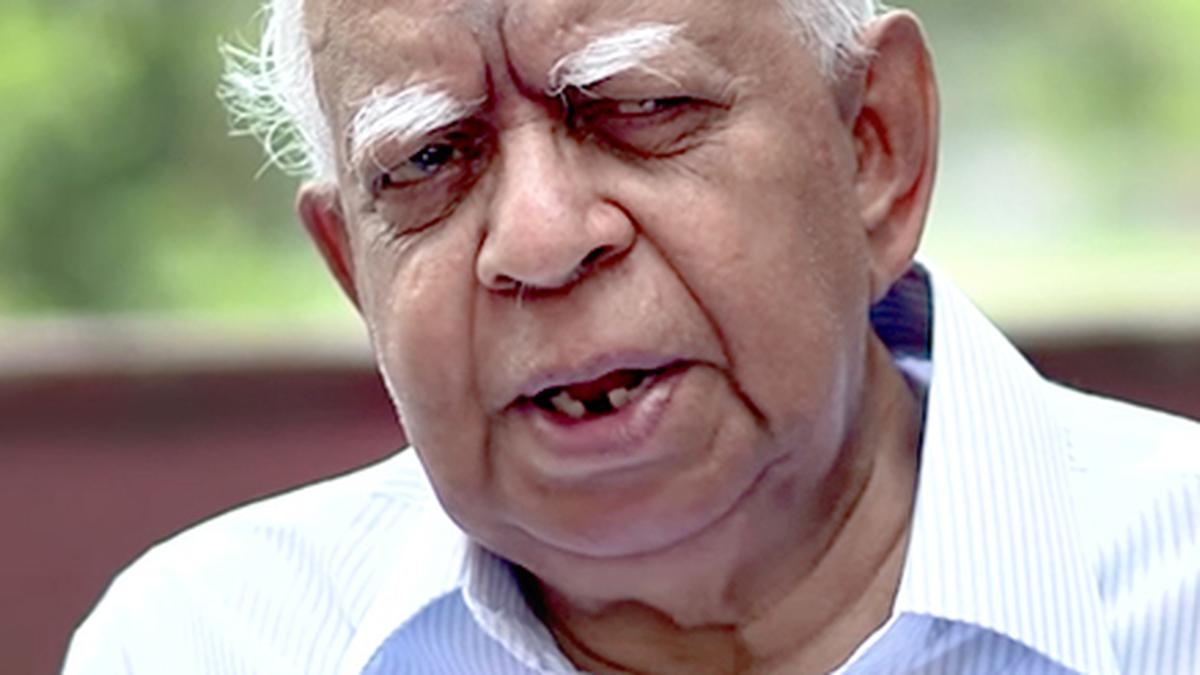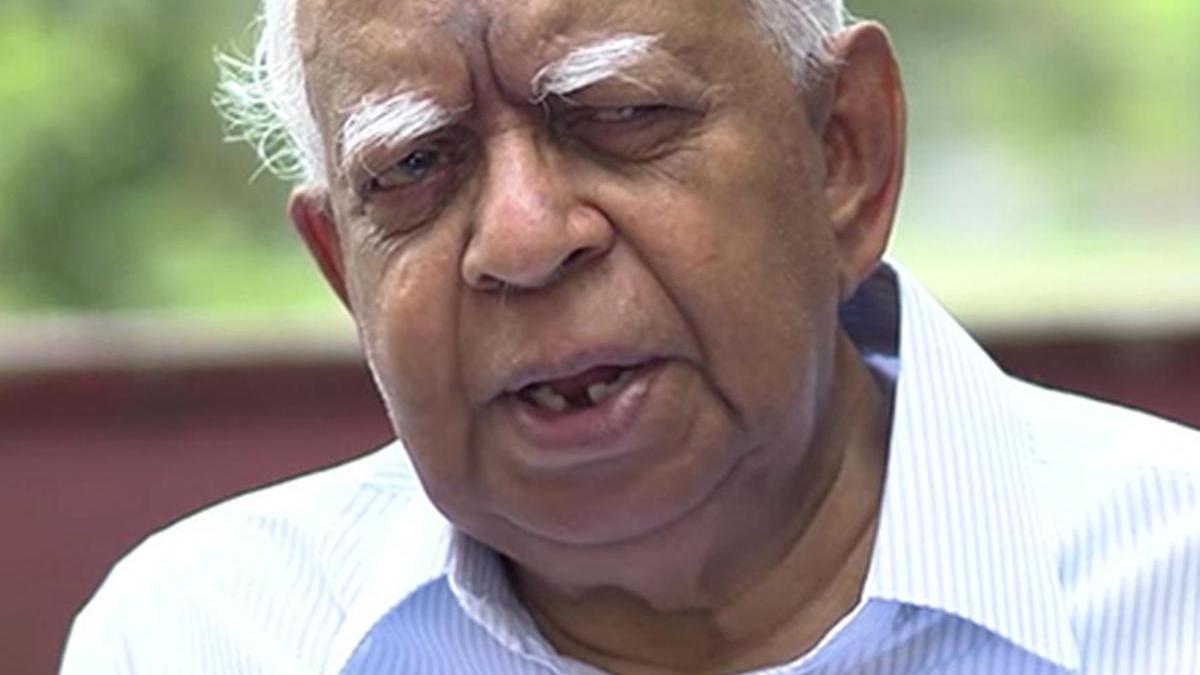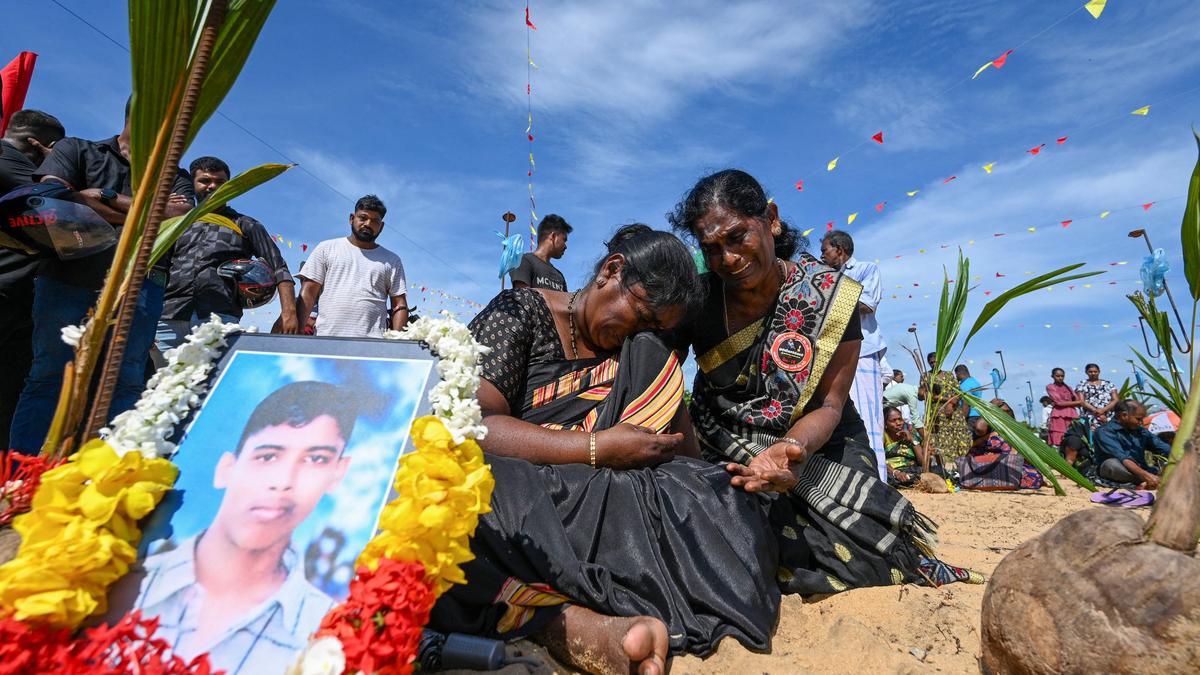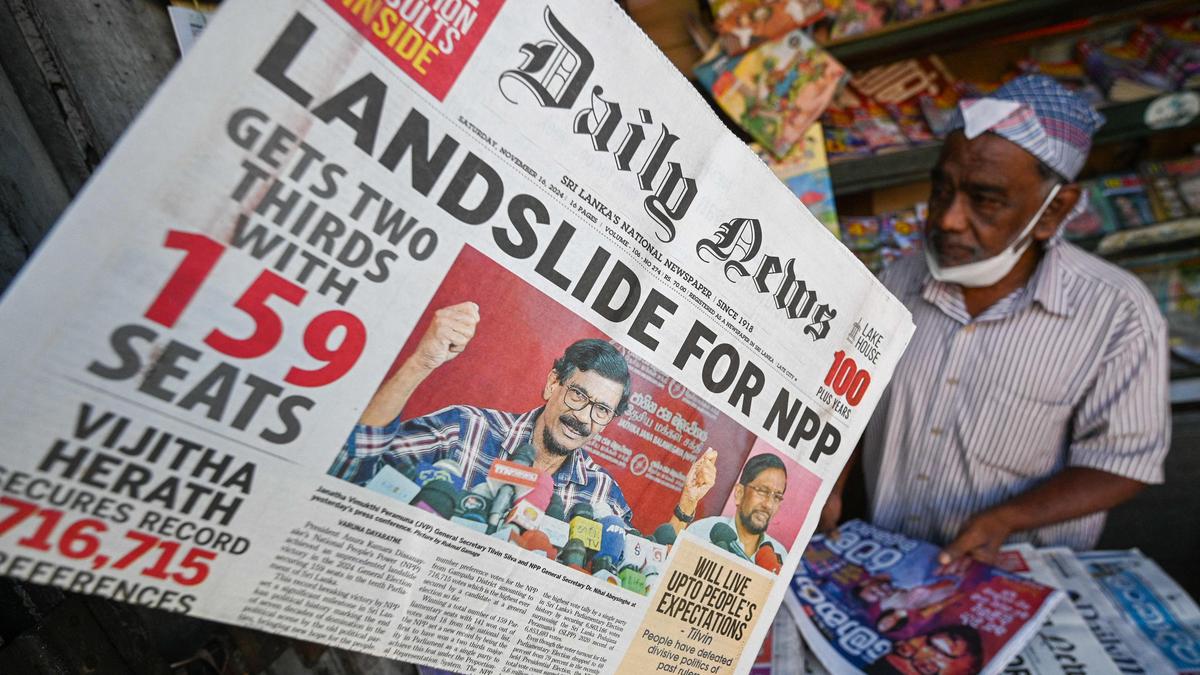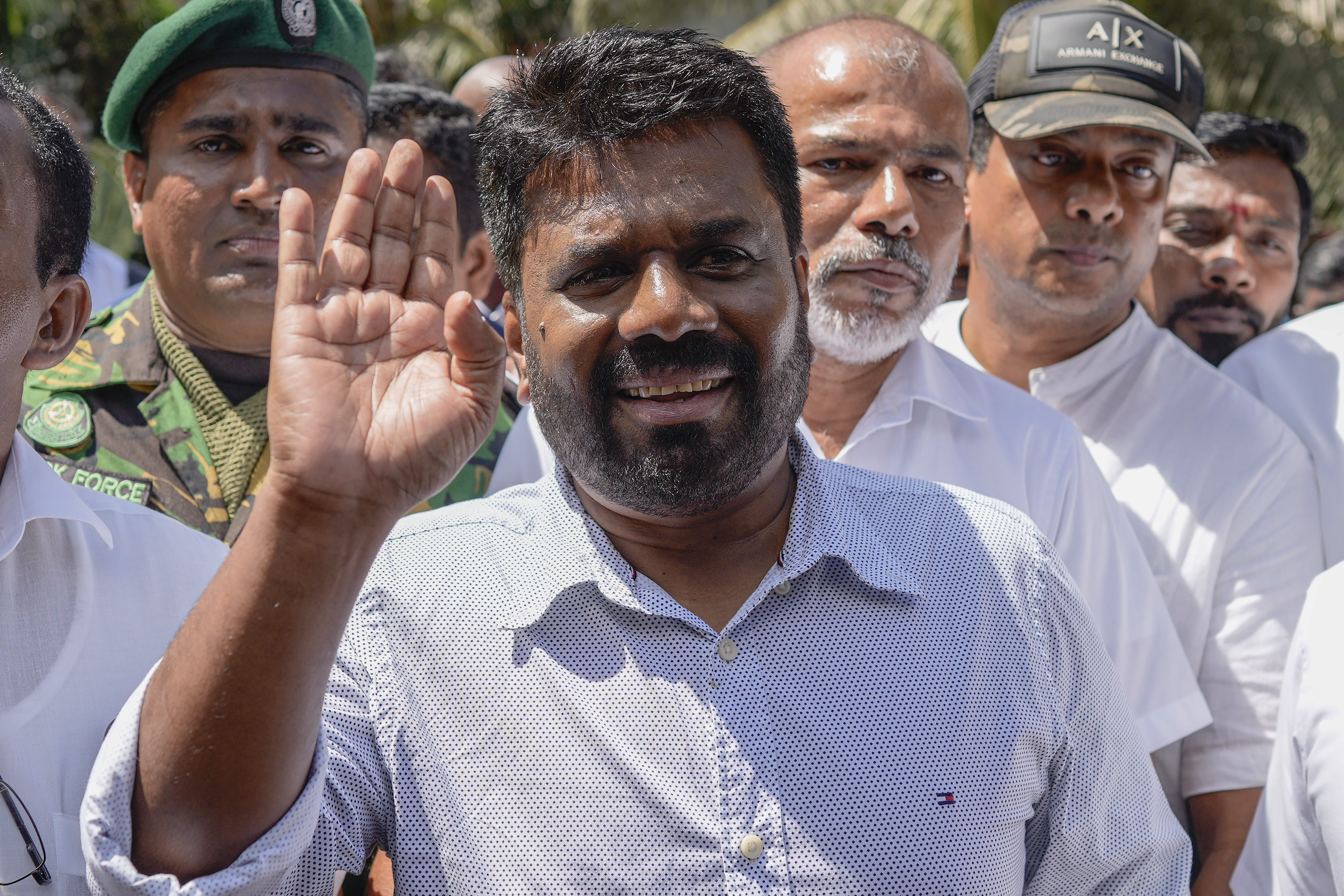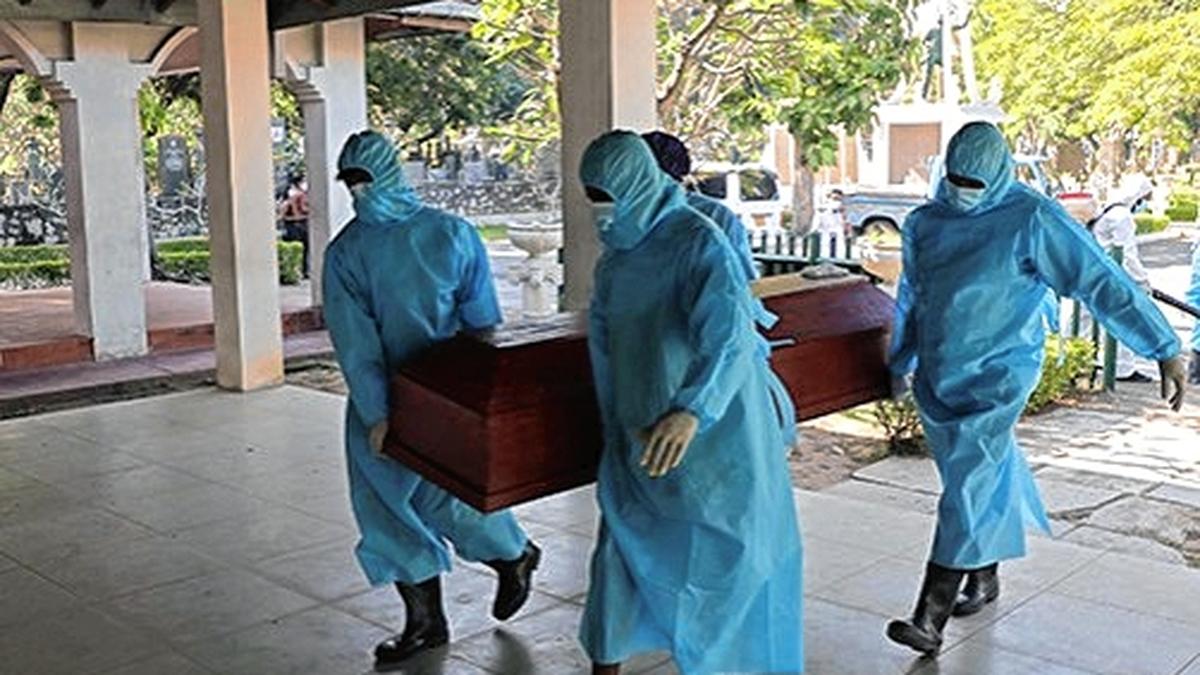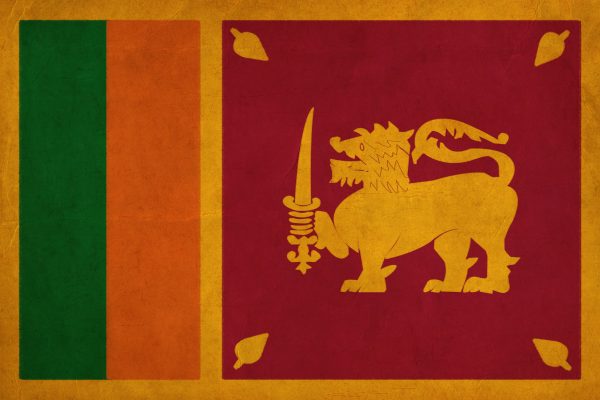
40 Years Since Black July, No Change, No Justice in Sri Lanka
The DiplomatTo date, no government official, politician, or civilian has been held accountable for the violence against Tamils seen during Black July. Speaking to an interviewer with the London Daily Telegraph in the midst of the devastation of Sri Lanka’s Black July, then-Sri Lankan President J. R. Jayawardene stated: “Really, if I starve the Tamil people out, the Sinhala people will be happy.” It is not often that politicians say the quiet part out loud, yet the brazenness of Jayawardene’s speech foreshadowed the trajectory of the bloody history of Sri Lanka over the next 40 years and it set the foundation for the failure of a state that was once known as the Pearl of Asia. Soon after Black July, Sri Lanka descended into a brutal 30-year armed conflict that ended in allegations of genocide, war crimes, and crimes against humanity with the Mullivaikkal massacre of 2009. As long as the root causes of Black July and the subsequent conflict are not fully addressed, Sri Lanka’s development will continue to be impeded by the ghosts of its troubled past. The legacy of Black July continues to reverberate in contemporary Sri Lanka, leaving a profound impact on the nation’s social fabric and political landscape.
History of this topic
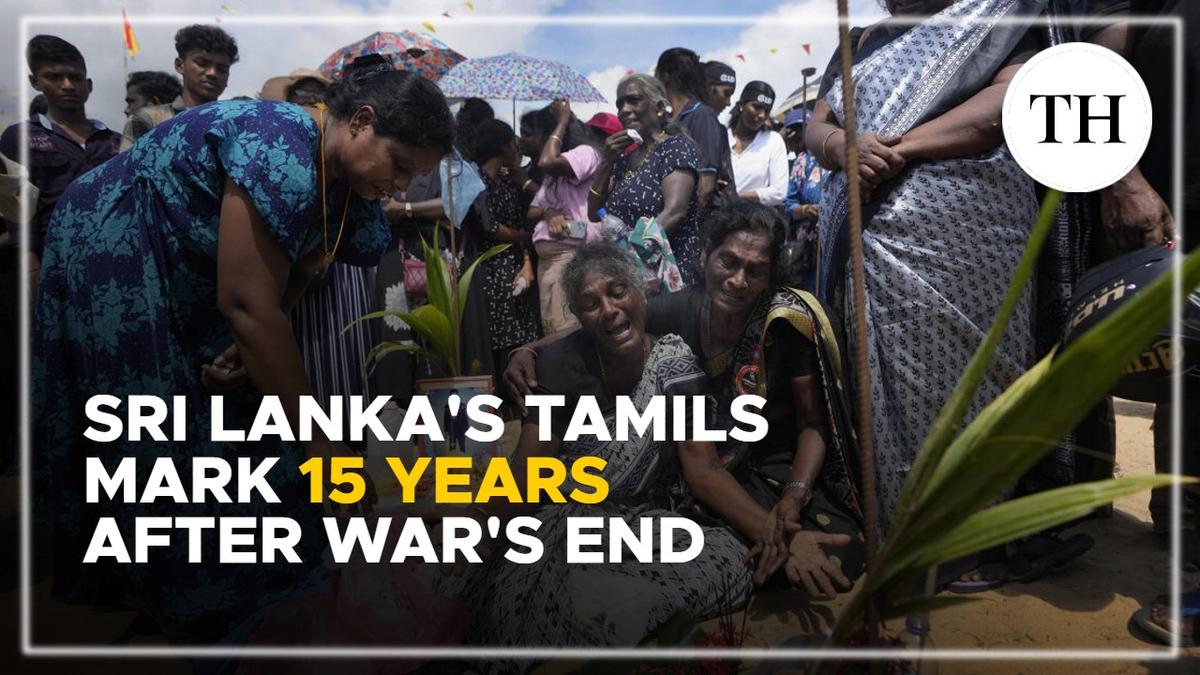
Watch | 15 years on, justice and economic progress elude Sri Lanka’s Tamils
The Hindu
‘Grim reminder’: Sri Lanka’s Tamils mark 15 years since end of civil war
Al Jazeera
Sri Lanka Tamils Mark 15 Years Since End Of Civil War
News 18
Sri Lanka’s killing fields cast a long shadow
Al Jazeera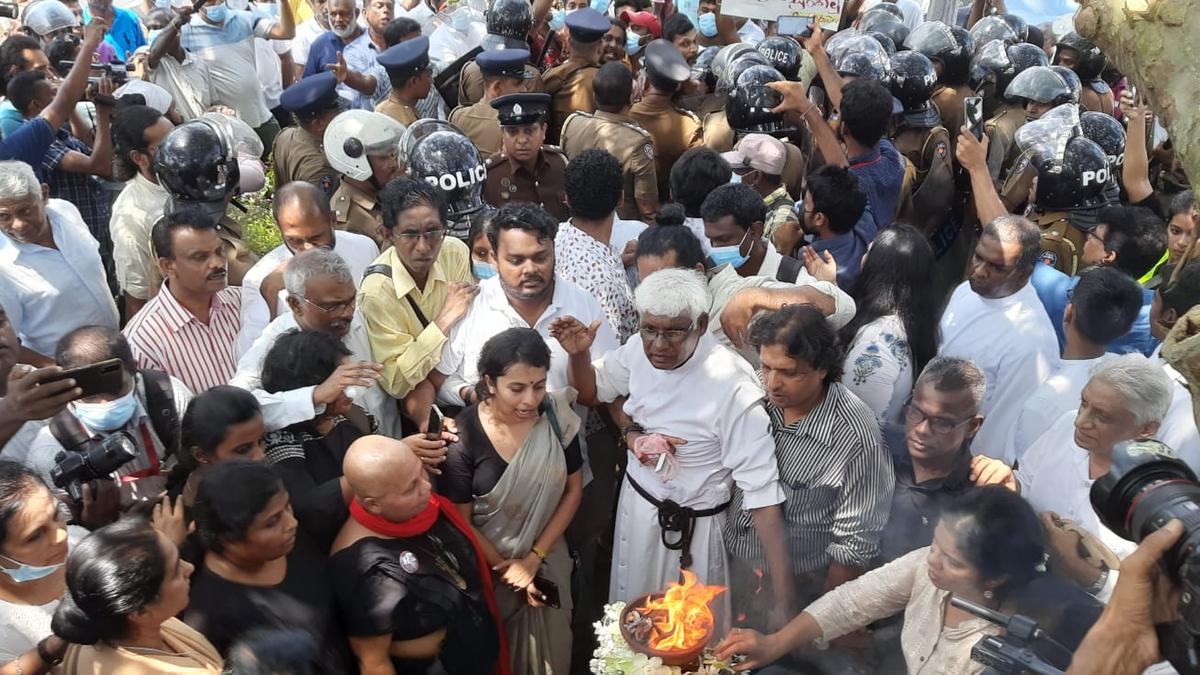
Sri Lanka’s Tamils face arrest as they remember the dead
The Hindu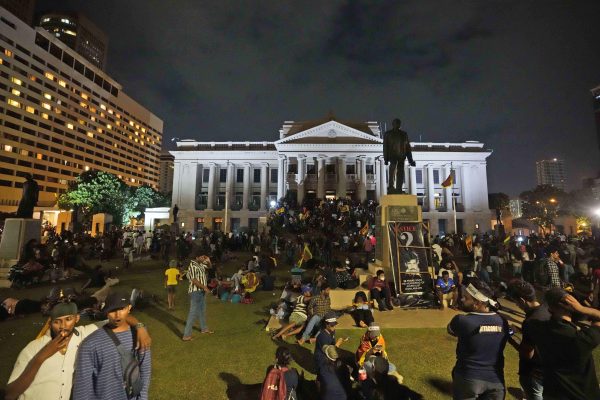
1 Year Later, Sri Lanka’s Struggle Continues
The Diplomat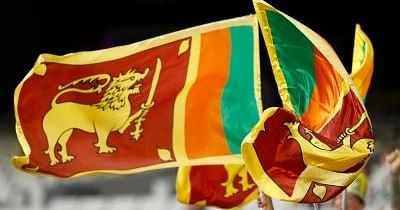
Sri Lanka Turmoil: A History of Discrimination That Culminated in the Current Crisis
The Quint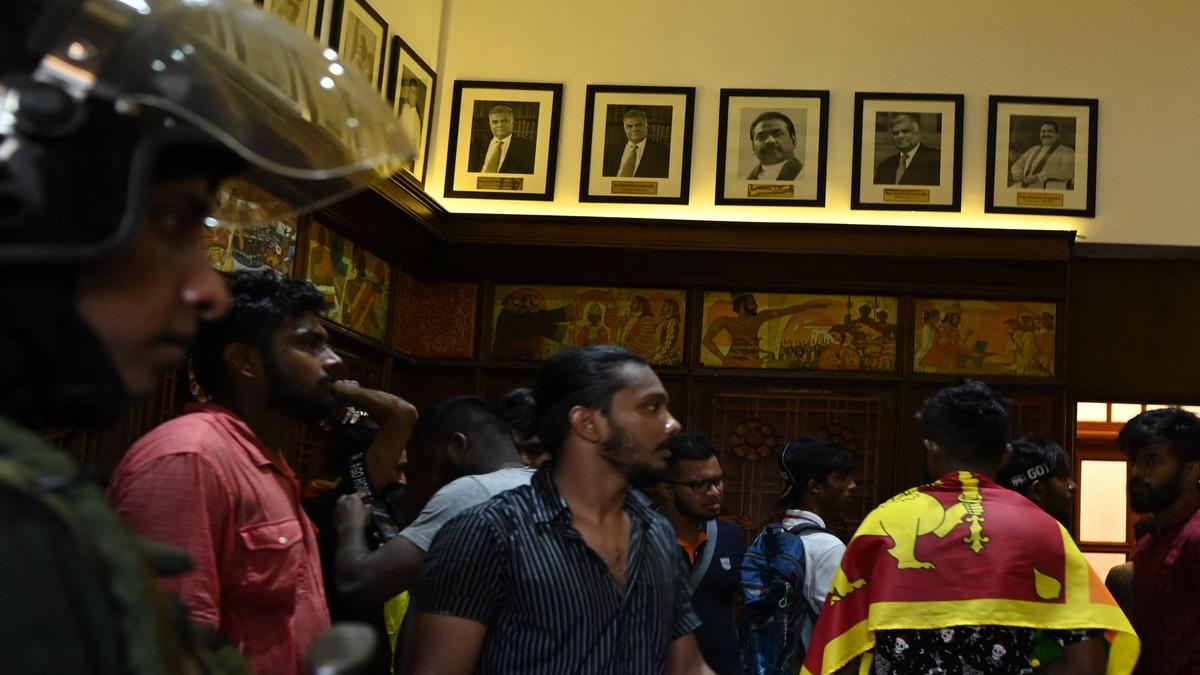
In Sri Lanka, no quiet after the storm
The Hindu
Sri Lanka's July Jinx: From Anti-Tamil Pogrom to Latest Crisis, Nation's Struggle With 'Black Mark' on History
News 18
Sri Lankans honour Tamil victims of civil war after 13 years
Al Jazeera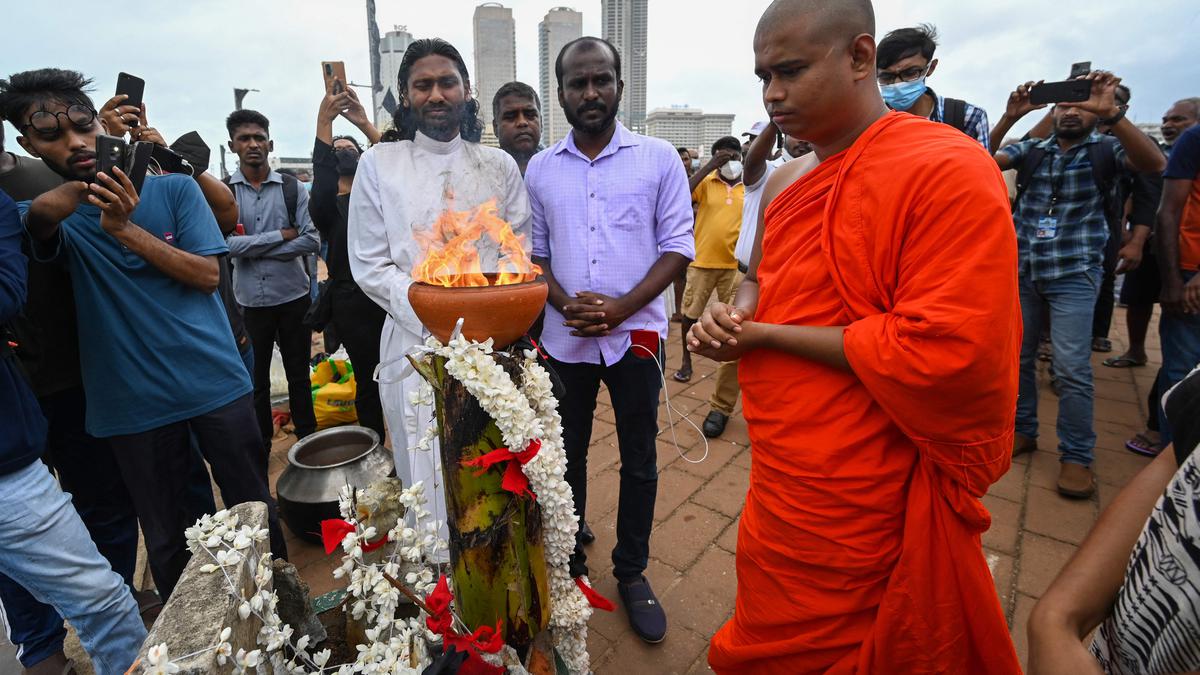
Sri Lanka war anniversary: Tamil victims remembered in Colombo
The Hindu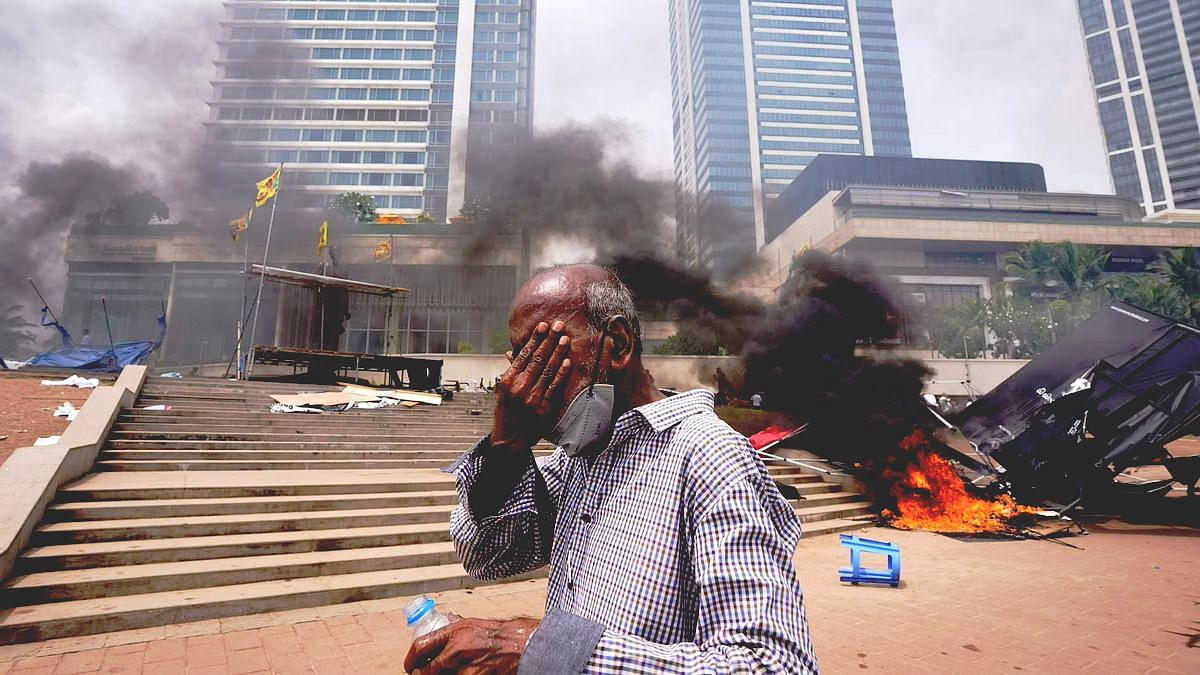
Ethnic Conflict, Economic Doom: Sri Lanka’s Horrors Set To Grow Bigger?
The QuintA chance to hit refresh in Sri Lanka
The Hindu)
Sri Lanka Bans Tamil Remembrance of War Dead After Court Petitions by Gotabaya Rajapaksa-led Govt
News 18Discover Related

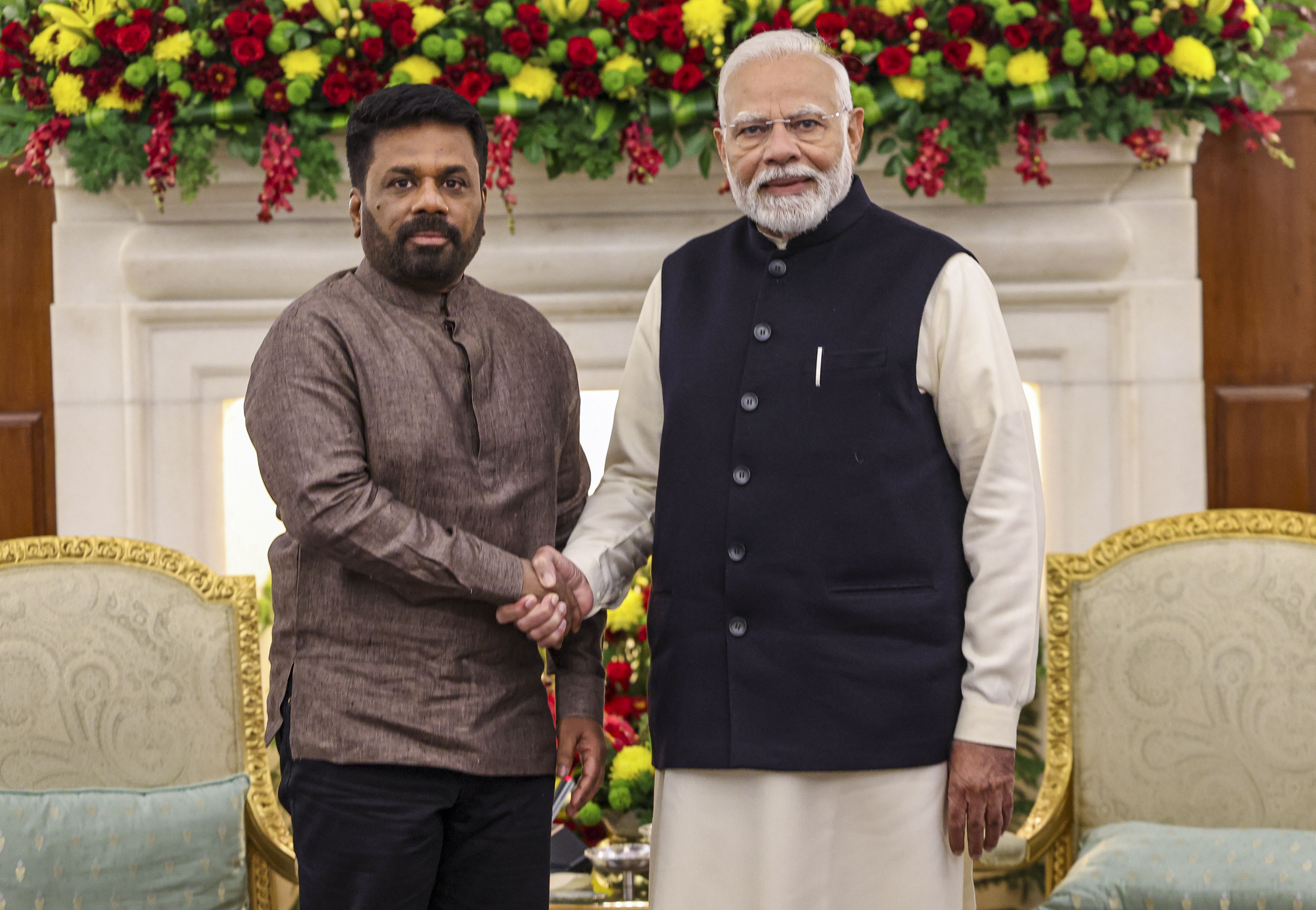




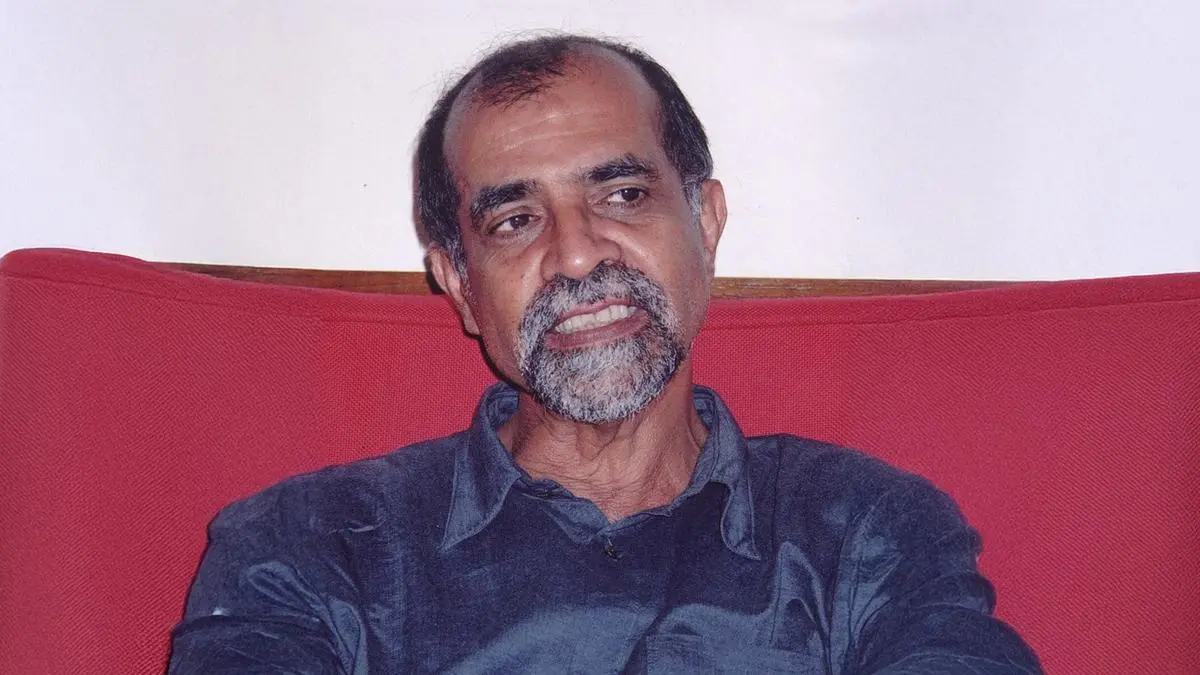



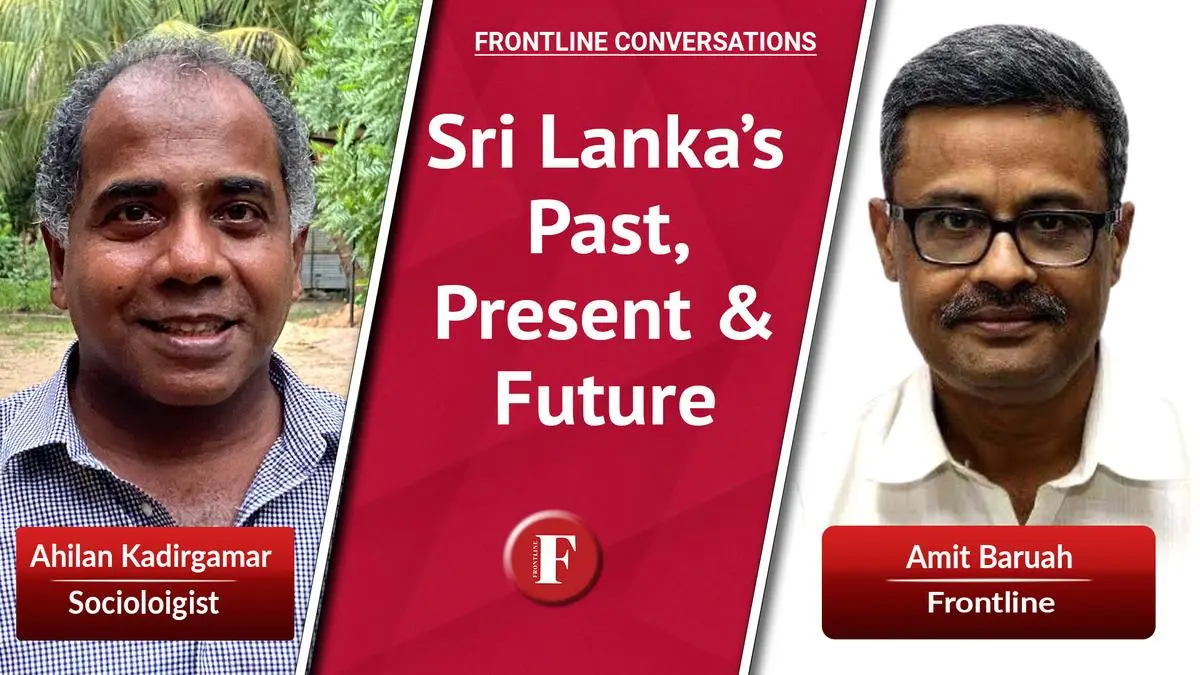


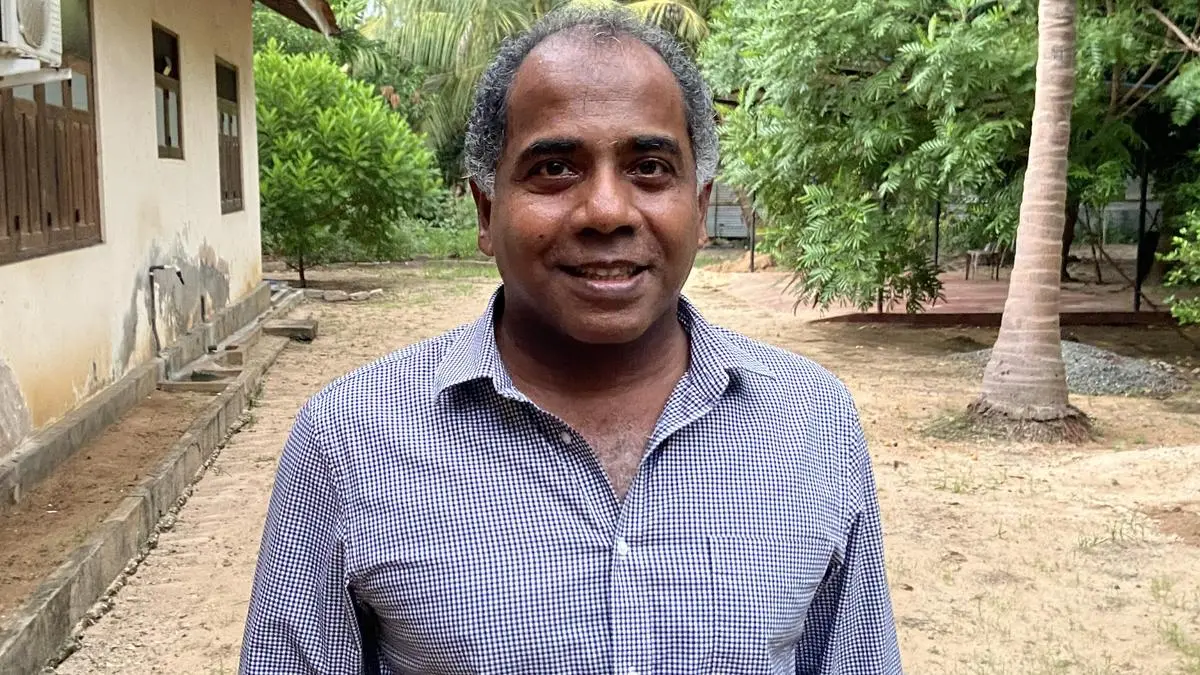

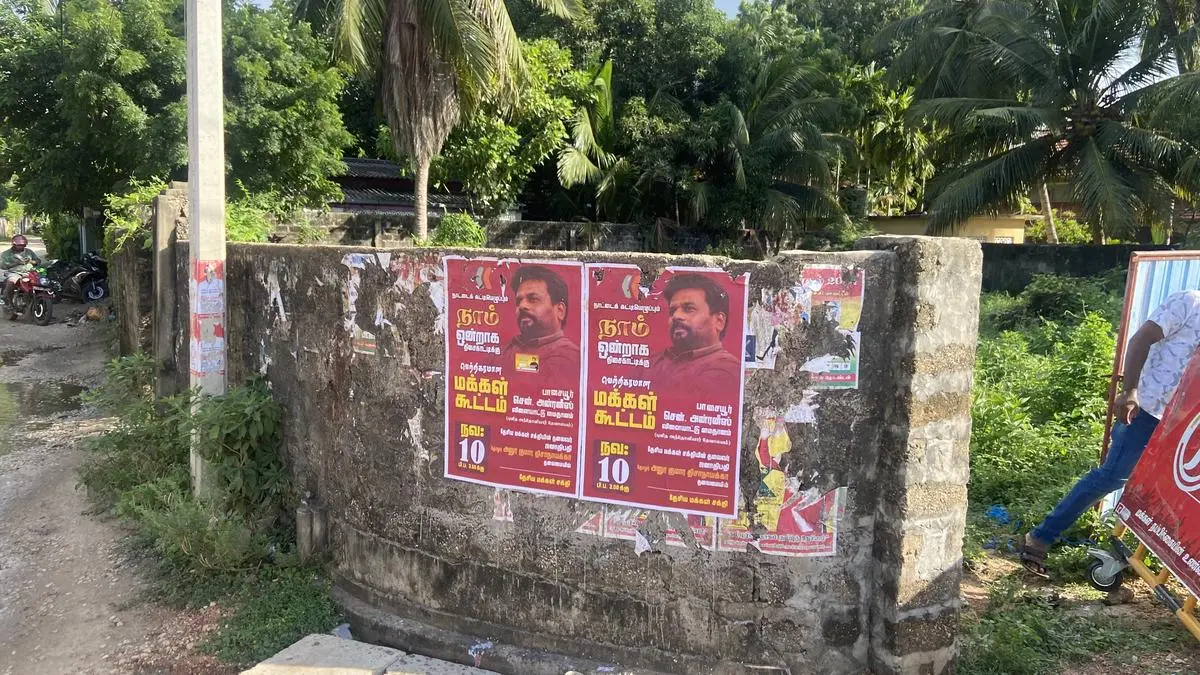
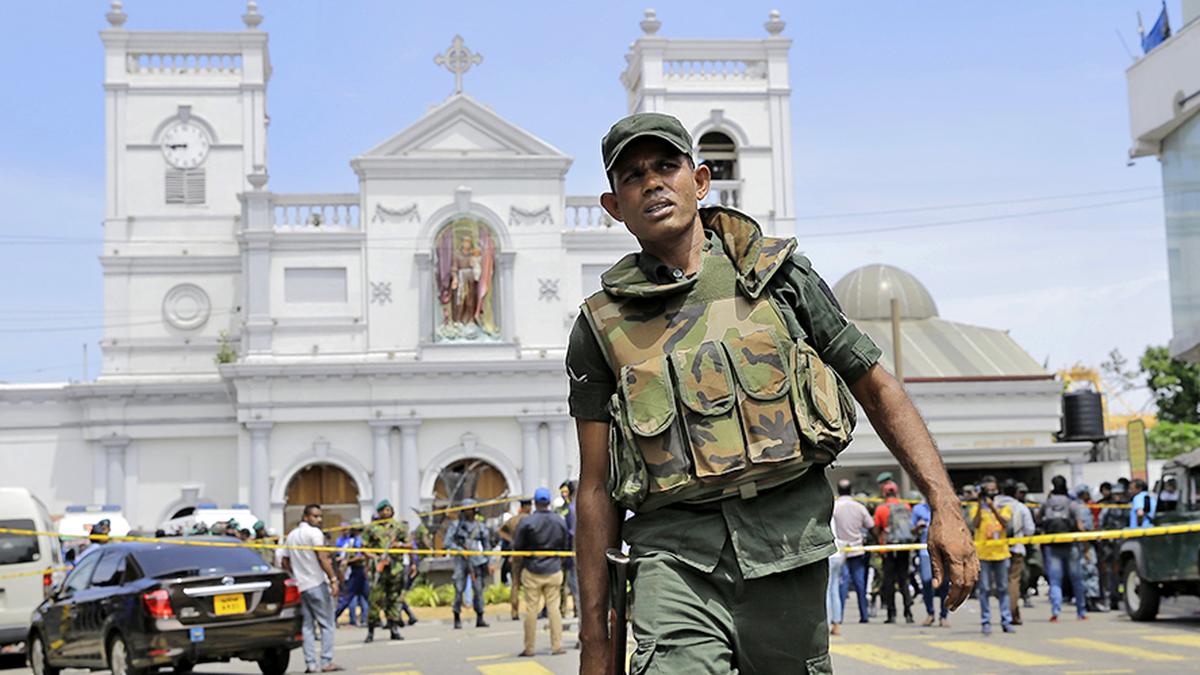


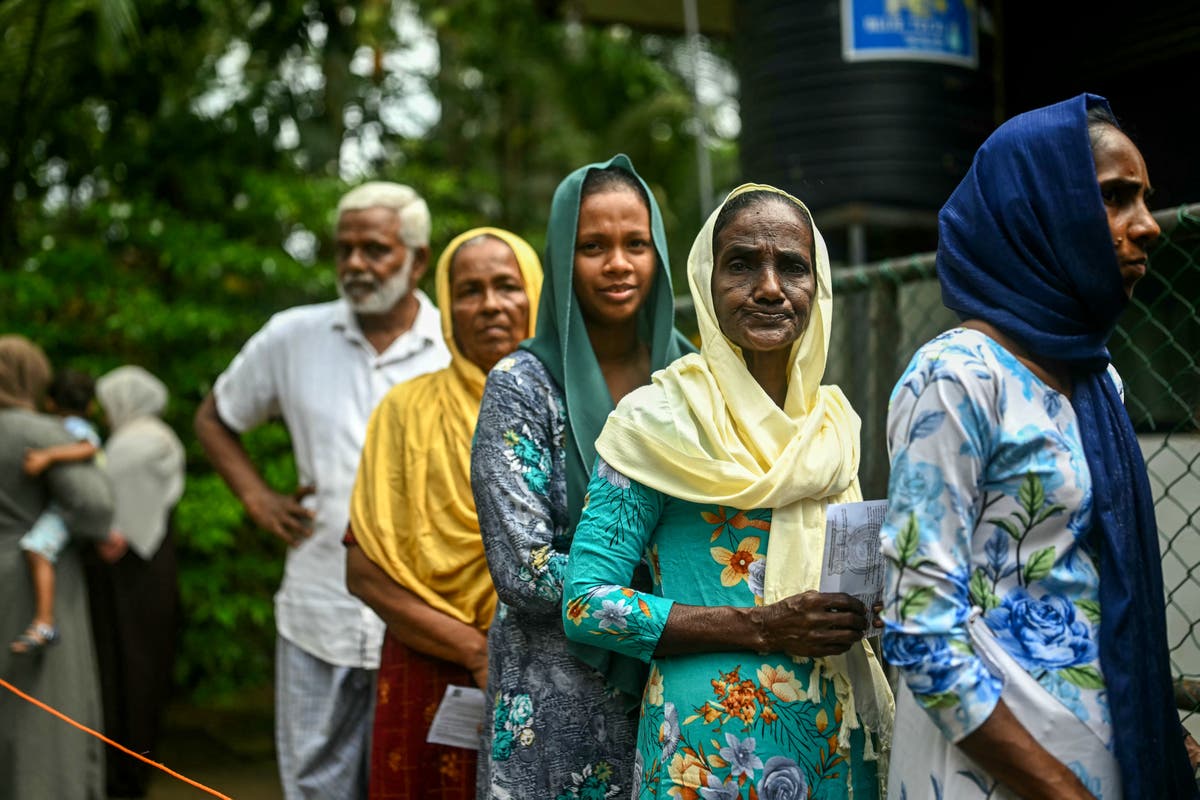
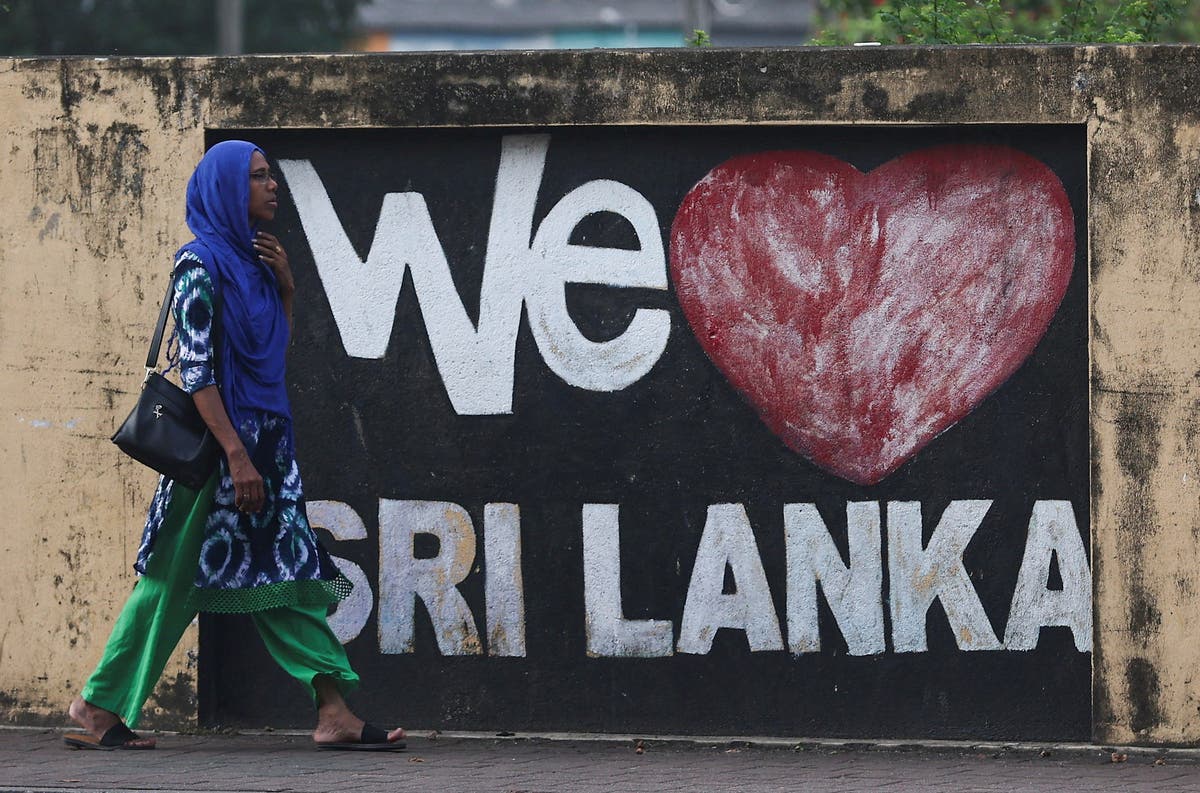
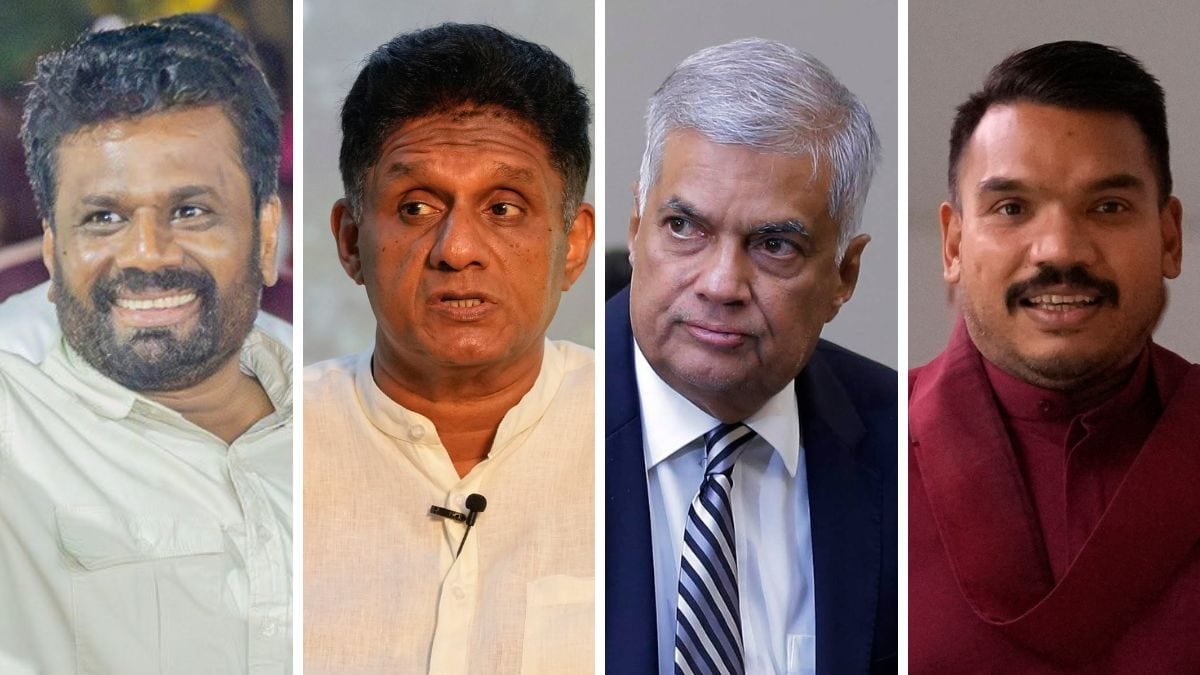
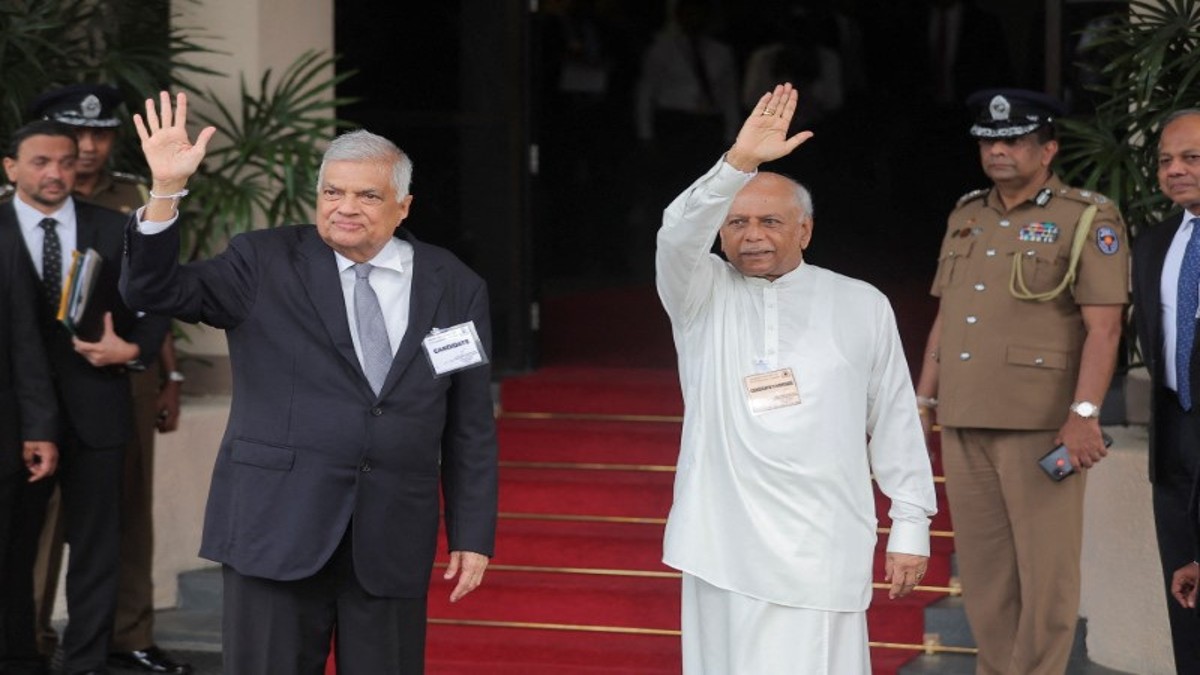)

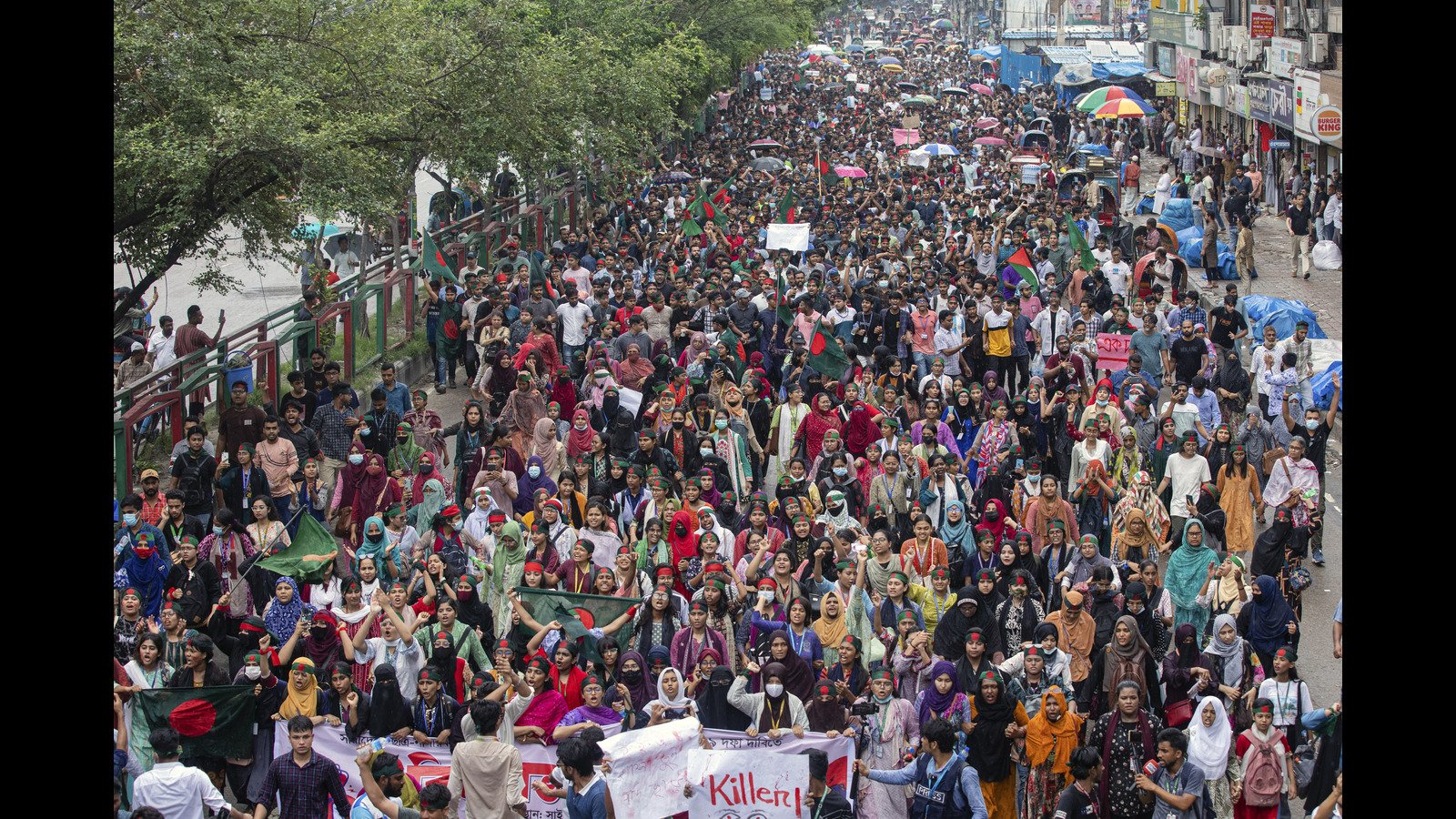
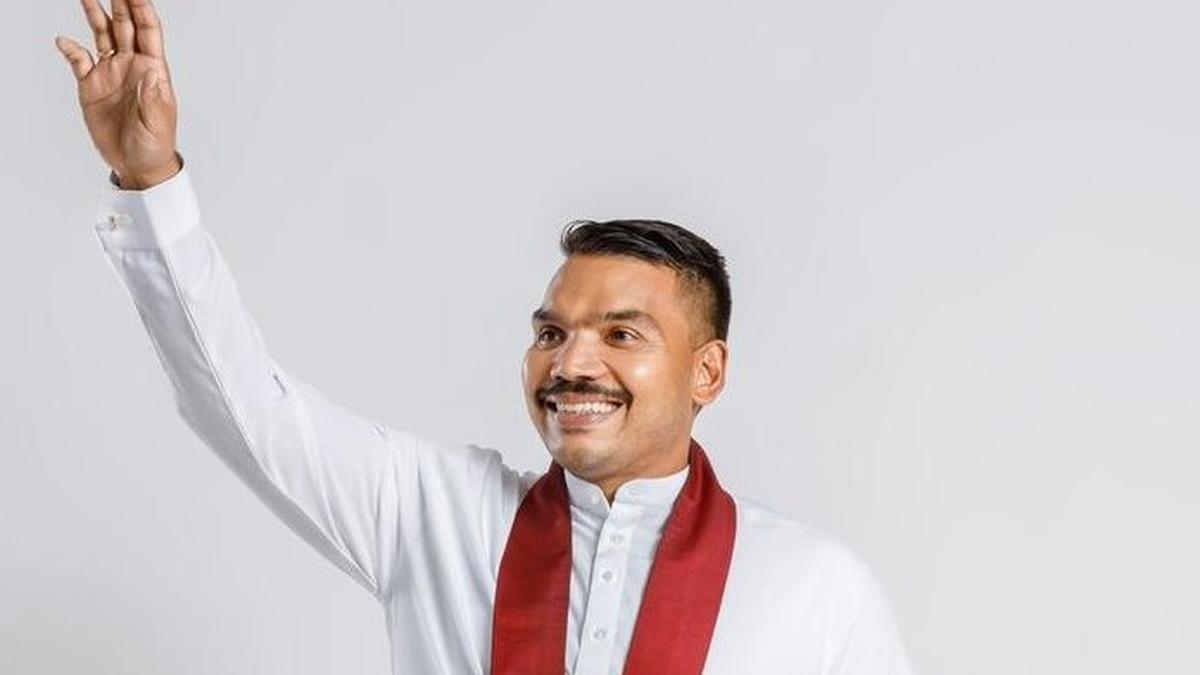
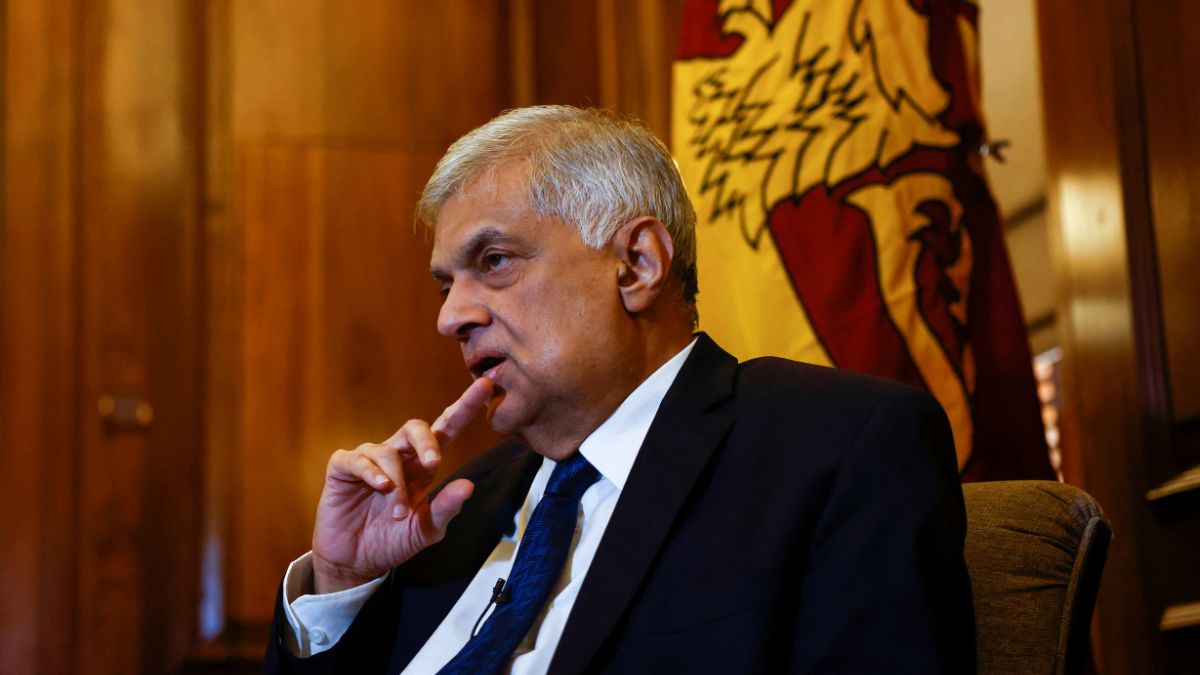)
)
